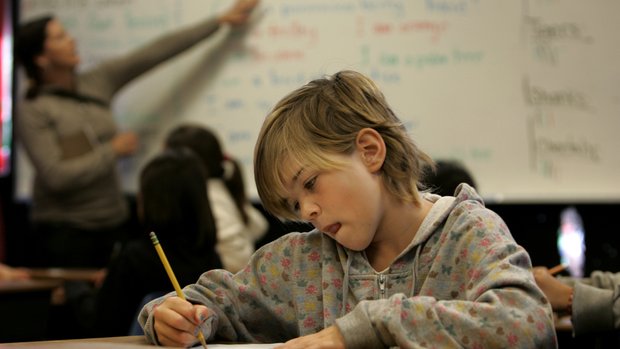
Heather McCutcheon
My experience working with Poetic Youth (PY) has been such a rewarding and positive aspect of my academic studies and has given me such wonderful skills I can carry with me in employment. The most important part of working with PY has been supporting the children of Monarch school and offering them the opportunity to explore the possibilities of poetry. Monarch School is dedicated to supporting children who have been affected by homelessness and who have experienced disadvantages in their daily life, giving Poetic Youth a sincerely deserving class for which to care. My facilitation team and I have had the privilege of working with Monarch’s third grade class after school, consisting of roughly 14 students, with the support of Jackie Robinson YMCA. We provided a poetry session twice a week before the children are collected by their parents. In these sessions, the students show an enormous level of energy and sometimes crazy enthusiasm to be heard, which we encourage through the means of poetry. It is Monarch’s mission statement that “Monarch students become creative, adaptive and resourceful problem solvers who think critically and are able to apply what they learn in the classroom to the real world” which fits so perfectly in connection to Poetic Youth’s goals (http://www.monarchschools.org/approach). We too want to encourage creativity and courage in their poetic voices through poetry that can relate to their lives.
In order to maintain the attention of our wild and energetic third graders, my facilitation team must focus on creating fun and exciting lesson plans that appeal to the children’s senses, creating an enjoyable approach to writing. The best way to settle the bustling class is to start with a warm up activity and get everybody talking and standing, removing any awkwardness or anxiety they may have when approaching a new class. Each warm up activity my team and I have introduced has been relevant to the lesson following, creating a smooth transition and to get the kids thinking about poetry right from the beginning. One of my lesson plans worked very well with the Monarch students and generated some absolutely beautiful poems based on color. As a class we came up with words, objects and feelings that resonated with us when we thought of a color, which was Blue. On the board I made a word cloud and wrote down all the suggestions of the students that ranged from eyes, sky, sad, kool aid and the ocean. I then asked the students to come up with their own charts in small groups assigning a color to roughly three students, each working with a facilitator. Each student is so enthusiastic about telling the group about the words they came up with, whilst being able to name at least one word we remembered from the student sharing before us to ensure listening to others. We then sat down and individually free-wrote poems using the color and words we created. The students at Monarch are wonderfully creative and each member of the class produced and performed their own colorful poem. We then listened as a class to a facilitator read “Spring and All” by William Carlos Williams, an example of color used creatively in poetry which lead to a heart-warming moment with one student who asked me if he could take the poem home because he liked it so much. It was such a rewarding experience.
In most of the facilitation sessions I work best with a smaller group of children or one-on-one workshops with the students as I find it very difficult projecting my voice to a very loud and chatty class. I find it very difficult asking for attention from them which is something I definitely need to work on and with the use of a class cue “clap once if you hear me, clap twice if you hear me” I can hopefully improve on this as a facilitator. My main goal is to support and offer an attentive listener to the poetry of the Monarch students and to praise them on their fantastic and creative work. The lasting feeling of happiness I felt during our most recent session was the chant “I LOVE POETRY!” from the whole class as we were wrapping up for thanksgiving, hopefully indicating their change in attitude towards reading and writing poetry.
